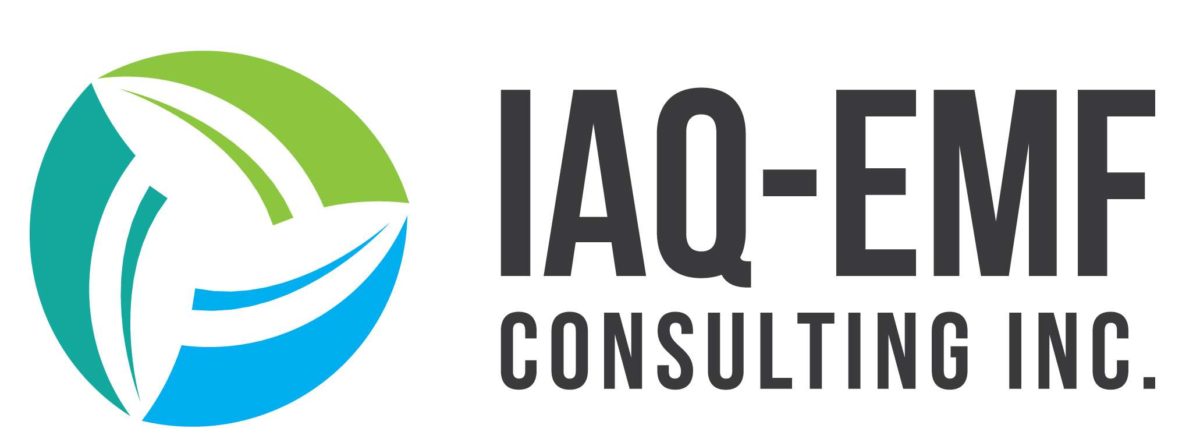Industrial Hygiene Services
Industrial Hygiene Services
Stuart D. Bagley, MS, CIH, CSP is a Certified Industrial Hygienist with 30 years of experience
Offering services in :
- Indoor Air Quality
- Measuring EMF
- Industrial Hygiene
- Mold Testing and Mold Remediation
- Noise Testing
- Phase I Environmental
- Assessment/Inspection of Property
- Hazardous Waste
- Environmental Expert Witness testimony
We test for:
- Hexavalent Chromium
- Metal Fumes
- Asbestos
- Pesticides
- Solvent Vapors
- Pharmaceutical Drugs
- Antineoplastic Agents (Chemotherapy)
- Dusts
- Silica
- Mold
- Bacteria
- Unknown airborne contaminants and more…

What is Industrial hygiene services?
Industrial hygiene services encompass a range of practices and techniques aimed at ensuring the health, safety, and well-being of workers in various industrial settings. These services involve identifying, evaluating, and controlling workplace hazards that can potentially cause illness, injury, or discomfort to employees.
The field of industrial hygiene focuses on the recognition, assessment, and control of occupational hazards, including chemical, biological, physical, and ergonomic factors. Industrial hygienists work closely with organizations to develop and implement strategies to mitigate risks, promote a safe working environment, and comply with relevant regulations and standards.
Here are some key areas of focus within industrial hygiene services:
1. Hazard Identification: Industrial hygienists conduct thorough evaluations of workplaces to identify potential hazards that could negatively impact workers’ health. This involves analyzing the chemical, biological, physical, and ergonomic factors present in the environment.
2. Risk Assessment: Once hazards are identified, industrial hygienists assess the level of risk they pose to workers. They evaluate factors such as exposure levels, duration of exposure, and the potential health effects associated with specific hazards.
3. Exposure Monitoring: Industrial hygiene services often involve measuring and monitoring employees’ exposure to hazardous substances or conditions. This includes collecting air samples, analyzing them in laboratories, and comparing the results with regulatory standards or established exposure limits.
4. Health and Safety Training: Industrial hygienists play a vital role in providing training and education to employees on recognizing and minimizing workplace hazards. They help workers understand the risks associated with their jobs, proper use of personal protective equipment (PPE), and safe work practices.
5. Engineering Controls: Industrial hygienists collaborate with engineers and other professionals to design and implement engineering controls that eliminate or minimize exposure to hazards. This may involve modifying processes, implementing ventilation systems, or isolating hazardous areas.
6. Administrative Controls: In addition to engineering controls, industrial hygienists help organizations establish administrative controls, such as work policies, procedures, and practices, to reduce or manage risks effectively. This may include scheduling work rotations, implementing proper hygiene practices, and establishing protocols for handling hazardous substances.
7. Compliance with Regulations: Industrial hygiene services ensure that workplaces comply with relevant occupational health and safety regulations, such as those established by governmental bodies. Industrial hygienists help organizations interpret and implement these regulations, conduct audits and inspections, and assist in the development of compliance strategies.
